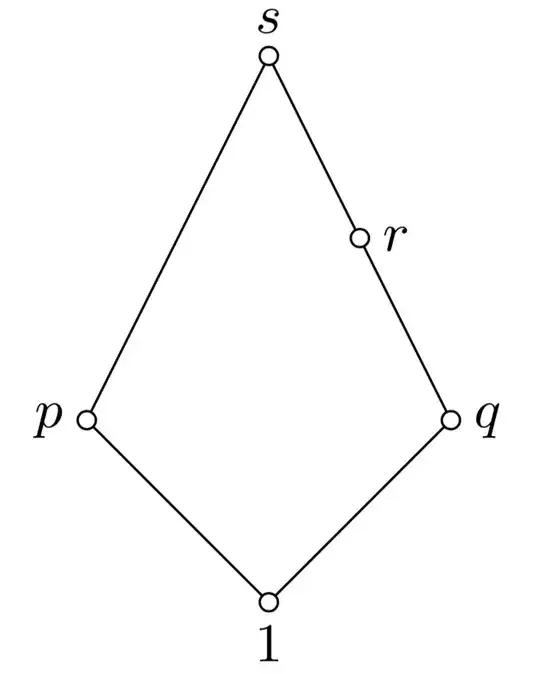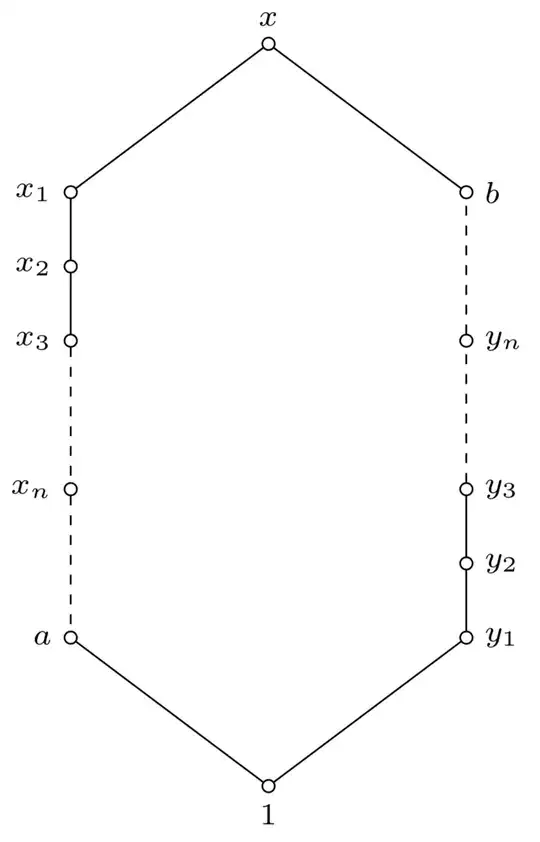I was recently writing some notes on basic commutative ring theory, and was trying to convince myself why it was a good idea to study integral domains when it comes to unique factorization.
If $R$ is a commutative ring, and $a$ is a zero divisor, we cannot expect $a$ generally to have unique factorization in the ordinary sense, seen for example by the fact that $2*4=2$ in $\mathbb{Z}/6\mathbb{Z}$.
But this only makes me think that instead of focusing on domains, we should just focus on element that aren't zero divisors. Indeed, we can let $R_z$ be the set of elements that aren't zero divisors. Then if $R$ is nontrivial, $R_z$ is a commutative monoid under multiplication that contains the units. Moreover $R_z$ has the nice property that any if $a_1\dots a_n = b$ is some factorization of $b \in R_z$, then all the $a_i$ are in $R_z$.
In this setting, we can say that $R$ having unique factorization means that $R_z/R^\times$ is a free commutative monoid. In the case that $R$ is a domain, this agrees with the definition of a UFD.
Now standard arguments about factorization of nonzero elements in domains seem to work just as well for $R_z$. For example in a Noetherian ring, every element of $R_z$ can be factored into some irreducibles times a unit.
Similarly, the proof seems to go through that principle ideal rings are unique factorization rings (in my sense).
So my questions are:
Is what I'm saying correct? If so, why do we normally restrict to domains when many arguments go through for arbitrary rings with no more effort (as long as we are willing to ignore zero-divisors)? Are there other natural generalizations of unique factorization of elements of a ring for which analogous theorems can be proven without more difficulty?
By looking at this question, I found this and this, which did have examples of generalizations of unique factorization to more general rings. The first one essentially considers a tame type of ring where zero divisors are not so bad in terms of factorization, and my impression of the second one is that it exerts a lot of effort trying to generalize the notion of unique factorization to the extent that it becomes significantly more complicated.
Any suggestions are appreciated.


http://this/. – k.stm Jan 29 '18 at 05:58